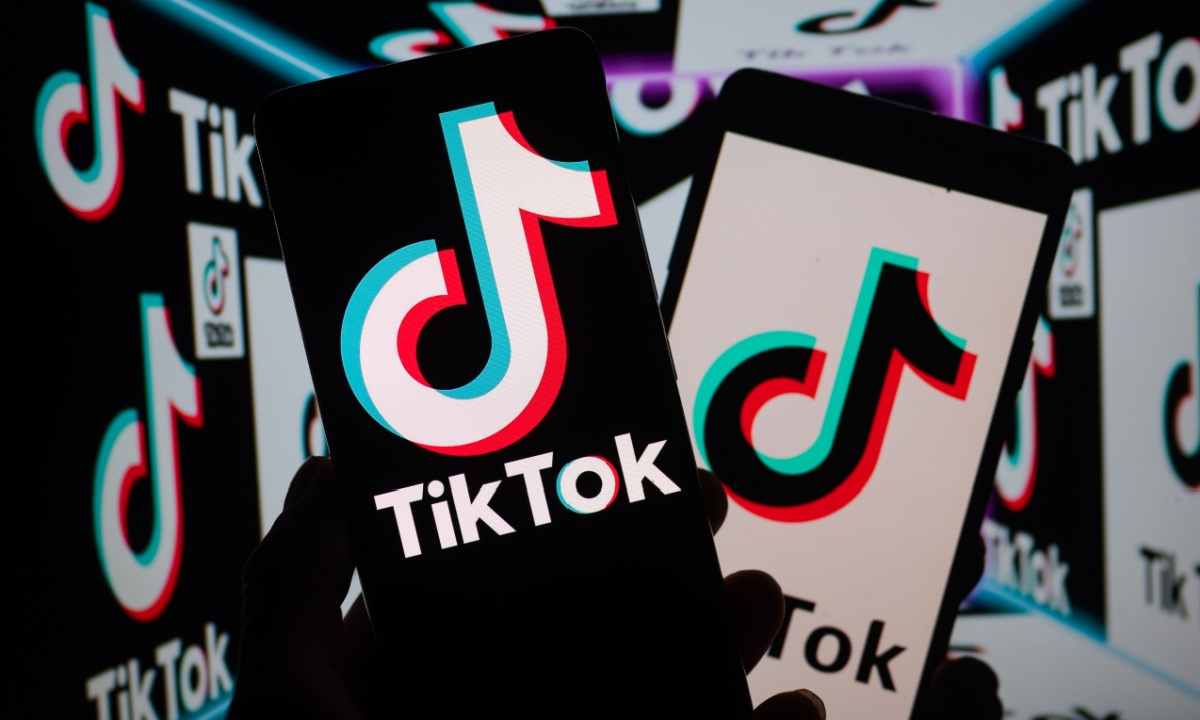
According to Reuters, the U.S. Department of Justice (DOJ) late Friday urged a federal appeals court to uphold a law mandating China-based ByteDance to divest TikTok’s U.S. assets by January 19, or face a potential ban. The DOJ’s argument hinges on concerns that TikTok, under Chinese ownership, poses a significant national security threat due to its access to extensive personal data of American users. The department asserted that China could exploit this access to covertly manipulate the information Americans see on the app. “The serious national-security threat posed by TikTok is real,” the DOJ stated in its filing, citing risks related to data collection and covert content manipulation.
Featured News
Judge Consolidates Antitrust Lawsuits Targeting Zillow-Redfin Rental Deal
Dec 1, 2025 by
CPI
NASCAR Antitrust Trial Opens in Federal Court with Michael Jordan in the Gallery
Dec 1, 2025 by
CPI
Goldman Strikes $2 Billion Deal to Acquire Innovator Capital
Dec 1, 2025 by
CPI
NY Becomes First State to Implement Law Regulating Algorithmic Pricing by Retailers
Dec 1, 2025 by
CPI
DC Weighs Antitrust Concerns Over Possible Netflix–HBO Max Merger
Dec 1, 2025 by
CPI
Antitrust Mix by CPI
Antitrust Chronicle® – Intellectual Property
Nov 19, 2025 by
CPI
Dealing in Intellectual Property: IP Justifications and Defenses in Digital Markets Cases
Nov 19, 2025 by
Jennifer Dixton
The Evolving Role of Innovation Theories of Harm in the Antitrust Analysis of Life Science Mergers
Nov 19, 2025 by
Michelle Yost Hale, Matthew D. McDonald & Merrill Stovroff
Who Can Fix It? Antitrust, IP Rights, and the Right to Repair
Nov 19, 2025 by
Rosa M. Morales
Copyright, Antitrust, and the Politics of Generative AI
Nov 19, 2025 by
Daryl Lim